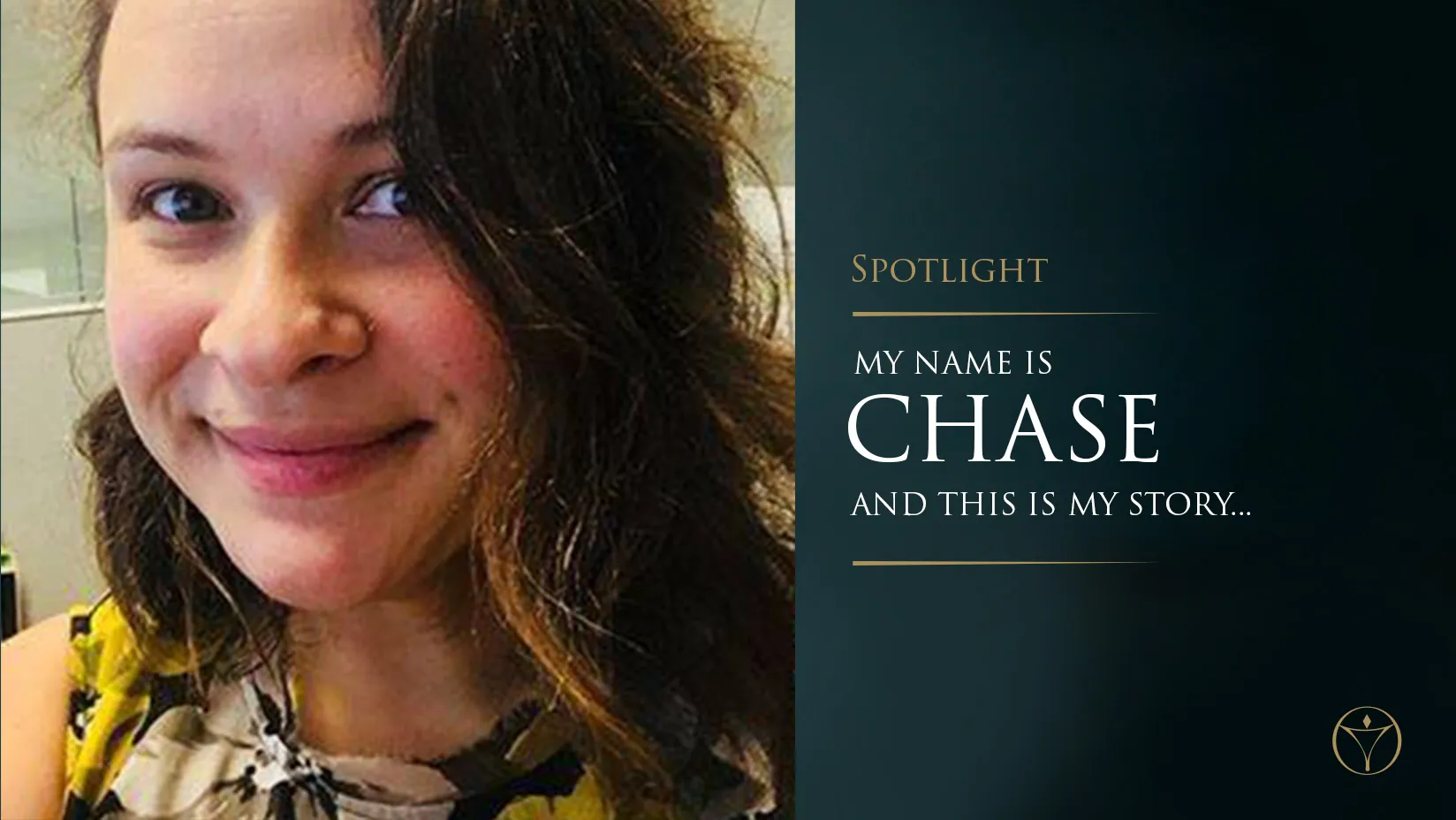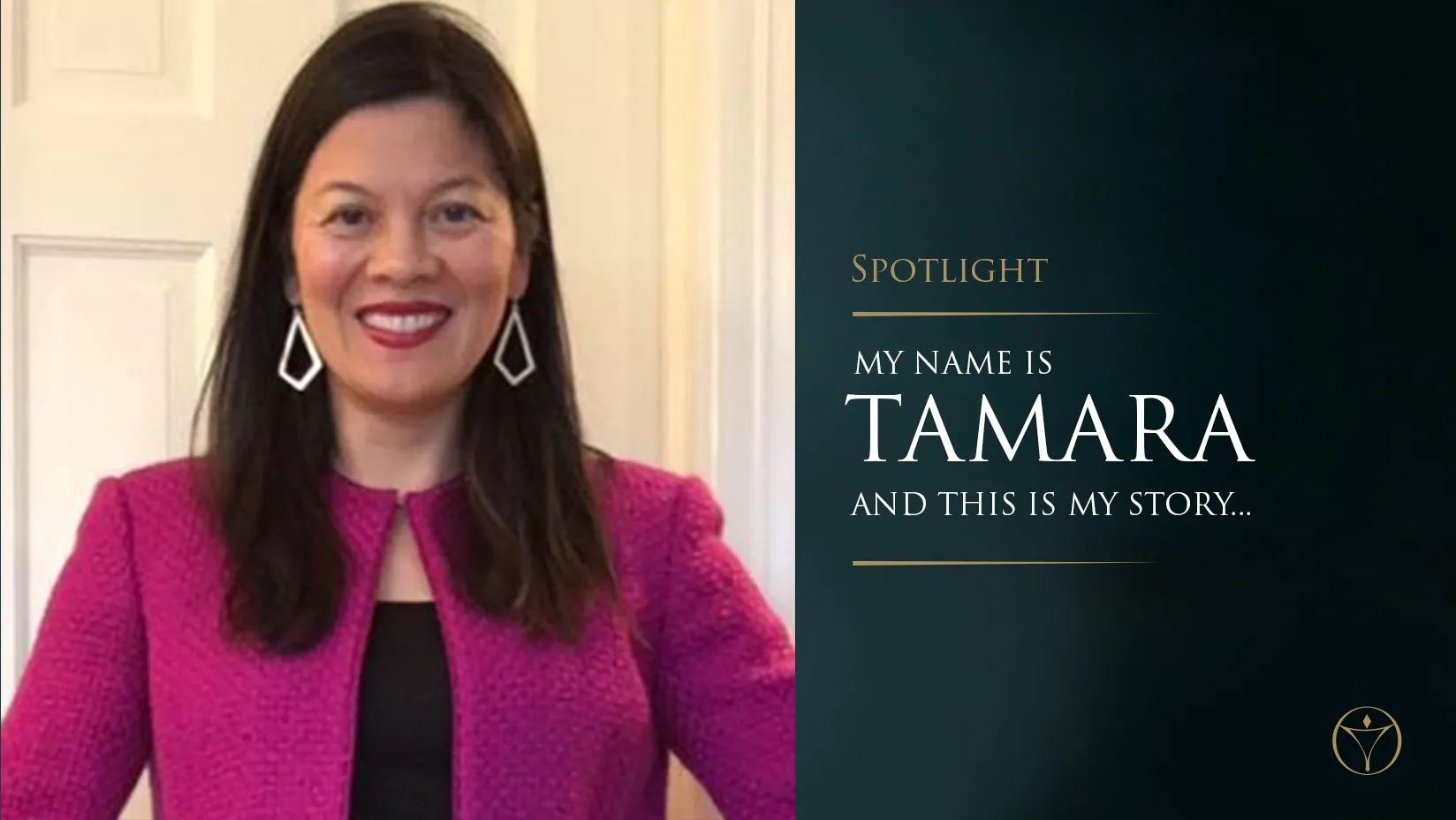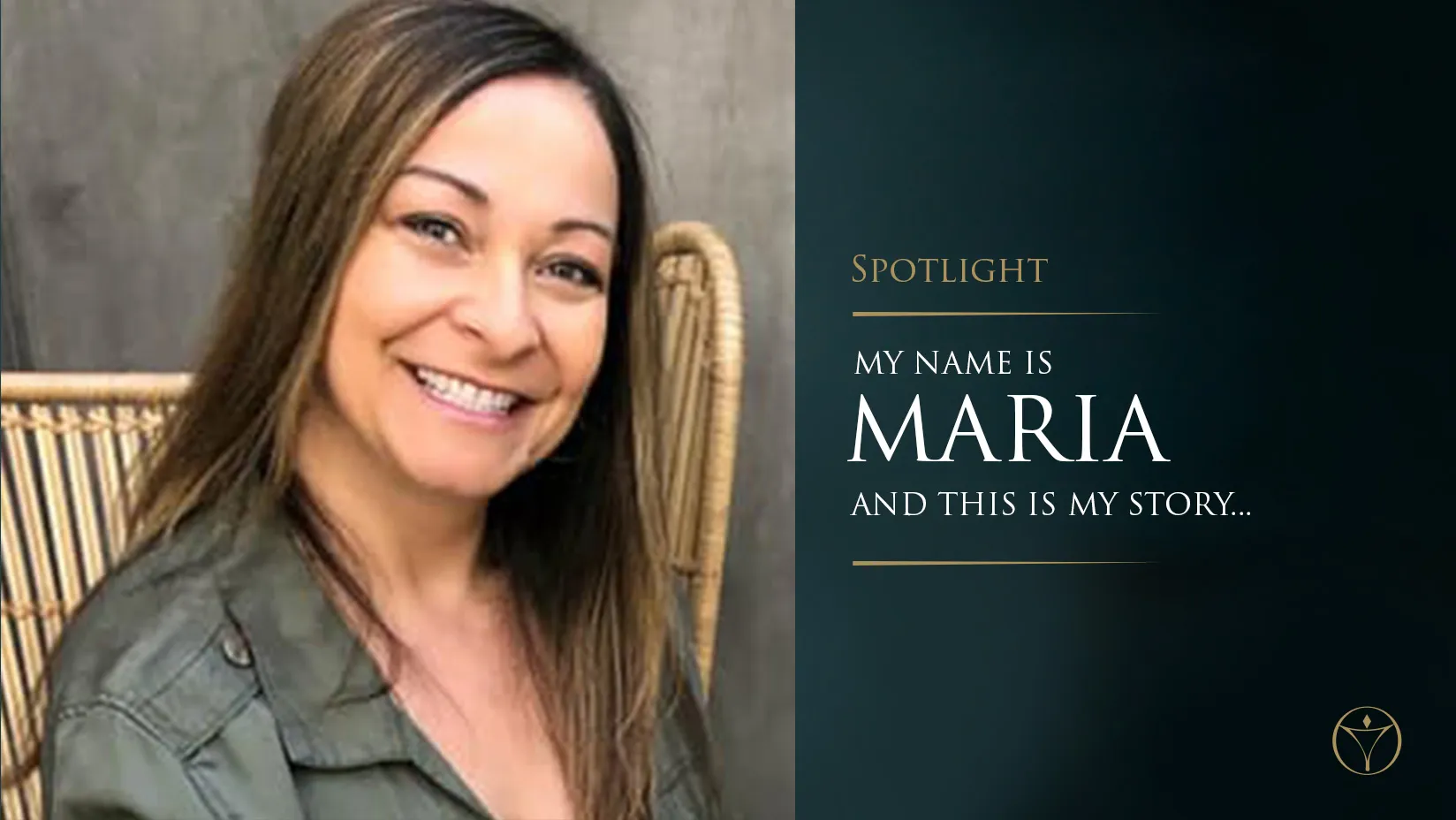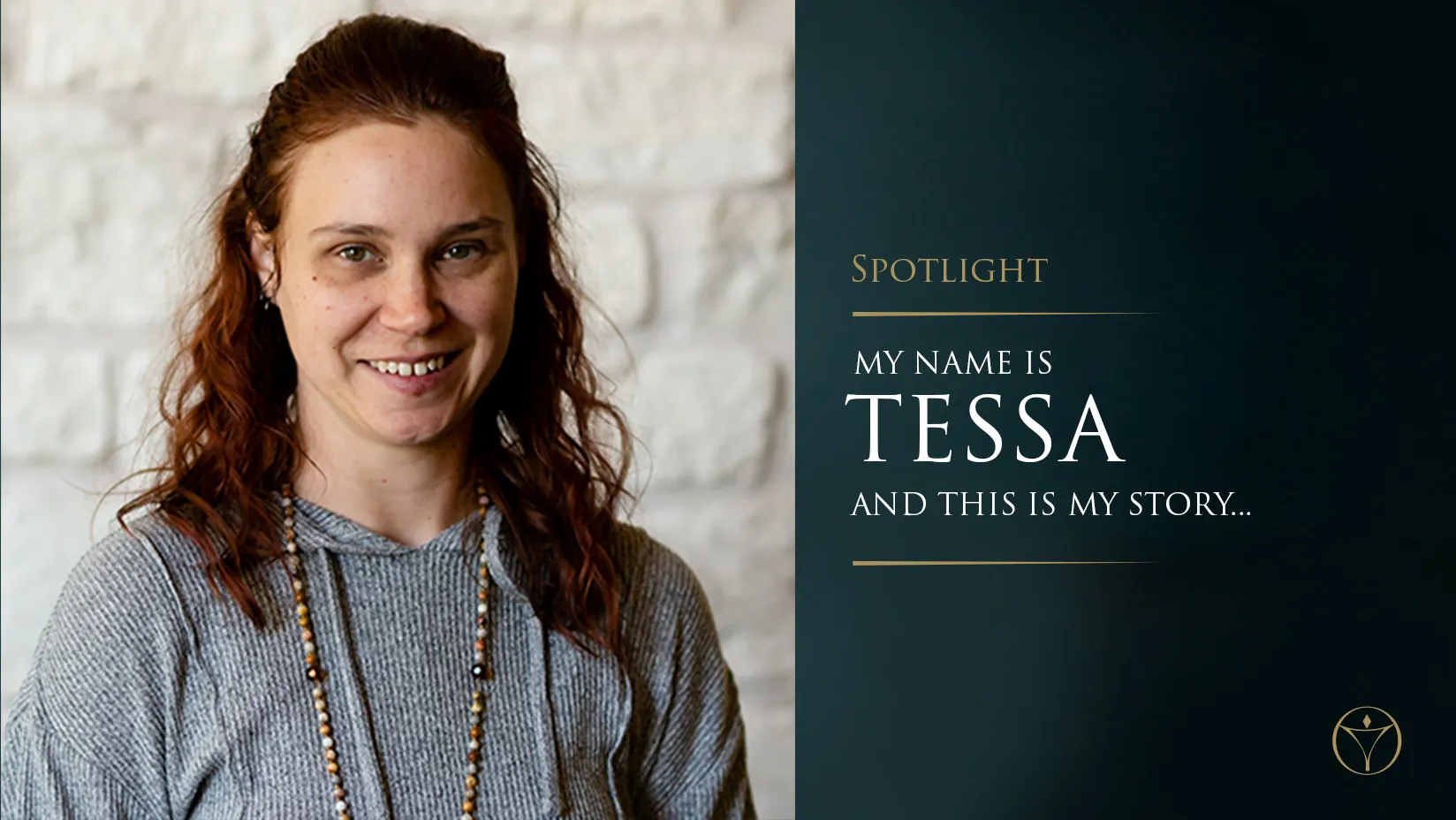MY NAME IS
Chase
AND THIS IS MY STORY…
Director, Insurance and Risk Management
CHALLENGES
An always-on high-performer who fell into the trap that success is title and money, Chase felt drained, disconnected, on the verge of quitting, and afraid she wasn’t showing up as the type of mom she wanted to be for her two toddlers—she was snappy, impatient, and not present.
“I had always chased more money and a bigger title—that’s part of American culture. But when I reached a certain peak and didn’t feel successful, I knew there was a problem,” says Chase. “I ran myself crazy from 4:30 a.m. to 10 p.m. every day. I literally could not get off, and it was physically burning me out.”
For Chase, burnout manifested in unhealthy behaviors, numbing, and exorbitant exercise. She felt compelled to always do more, be more, and be everything to everyone at all times.
“Being the ‘people pleaser’ and ‘nice girl’ was part of my identity. People would say, ‘I don’t know how you do it all.’ I achieved, excelled, and worked hard, which was what both built and undermined my success. I didn’t know how to prioritize or set boundaries. I had no idea how to say ‘no.’”
“I felt like I always had to be in control of the situation and doing more or being more would give me success and self-satisfaction, but I was on a hamster wheel,” says Chase. “I was literally burning the candle at both ends. And I took pride in the belief: ‘I’m everything to everyone, everyone loves me for it.’”
“But it wasn’t giving me the true acceptance and self-love I needed.”
Chase found once she had her kids, the feeling of being overwhelmed snowballed. “The lack of boundaries, increased family obligations, a part-time job, full-time job, and going to grad school both nights and weekends—that’s where the wheels fell off,” she says, having felt stretched thin.
She wanted to reclaim her time, energy, and balance so she could put herself first and everything else second. She wanted confidence in her own skin, clarity, and to practice more agency in her life.
“When I took part in a vision exercise on my first program call, the version of me I saw across the river exuded a natural ease and aura of self-love and trust, and it carried her body and existence. She was not seeking outside approval or outer acceptance,” says Chase.
“But it was not something natural or attainable for me. I’ve never been that comfortable in my own skin to embody that. I didn’t know how to hear my own voice or what was important to me. It led me to complete and utter burnout. I was ready to throw it all away. I would have, too, if it were not for this program.”
RESULTS
Since joining our program, Chase has found her confidence, learned how to set boundaries, stopped saying “yes” when she meant “no, and is in a new job that’s paying $40K more a year, a 4x ROI—and it’s only five minutes from her house.
She’s happier, healthier, and has the presence and capacity to be the wife, mom, and confident business leader she’s always wanted to be.
“For me, the greatest reward was feeling content in my own skin and voice more than anything else and being given the tools to help me practice and hone that skill so I can honor my core values,” says Chase. “You can’t put a dollar amount on that. Now, I know my own value, and I trust myself.”
“I was always chasing certification. I could never be good enough,” says Chase, who battled impostor syndrome.
“But once I went through the program and objectively looked at myself, I said, ‘You’re qualified, you know this stuff.’ I had this epiphany, and now, I speak truthfully from my base of knowledge, and confidently, because I’m no longer hiding or concerned about what others will think. I didn’t have this confidence and clarity.”
She adds: “The most powerful thing that I learned quickly was what I thought I was supposed to be doing—people pleasing, being the nice girl—were getting in my own way.”
In Chase’s deep self-exploration of her culture of origin, she learned “young white women were charming, clever, friendly, thoughtful, and took care of other people,” she says. “I assumed that’s what I should be doing. And I found when I took on extra that people would look at me as helpful, and it felt good. I chased that, but to an extreme.”
To combat these pitfalls, Chase leaned heavily on the program boundary-setting tools, and she often practiced the program language: “I’m not in a position to do X.”
“That felt safe. I realized I could practice holding boundaries, and the whole world didn’t fall apart when I said ‘no,’” she says. “I can say ‘no,’ and if someone’s upset, it doesn’t mean I shouldn’t have held a boundary. They’re upset, and that’s their choice.”
“Once I finished the program, I felt so much more capable.”
The biggest manifestation for boundary-setting applied to her work setting, and once she realized that context wasn’t serving her, she sought a new opportunity so she could “live her life and not compromise on that.”
“I needed to speak to what was right for me. It wasn’t about the title or money,” says Chase. “It was, ‘Do I have the autonomy to be myself, do the work I know I’m capable of, and feel respected?’ That was tremendously important to me.”
She notes she’s since received positive work performance reviews, the way she’s perceived by her employer is dramatically different, and she’s received positive accolades from peers and industry partners. Now that she has more work-life balance, she’s more intentional about how her time is spent, and she chooses activities that are directly adding value to her.
“My family are all very supportive, and I even support them as they learn to hold their own boundaries,” says Chase. “The beliefs that I thought were the right way to handle interpersonal relationships were absolutely putting me in the position where I was wrung out, on the go, never answering my own needs, and always responding to what others expected.”
OUTCOMES
- Regained confidence and clarity, and practices more agency
- Increased happiness, health, presence, and capacity
- Showing up as the mom and professional she’s always wanted to be
- Accepted a new job with a $40K salary increase, and a 4x ROI which led to her achieving a six-figure annual salary
- Received positive performance reviews and accolades
- Empowered to set boundaries, and stops saying yes when she means no
